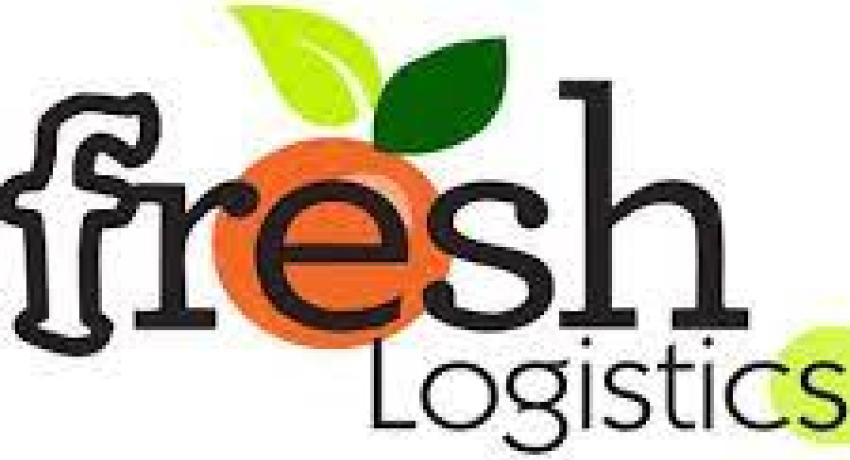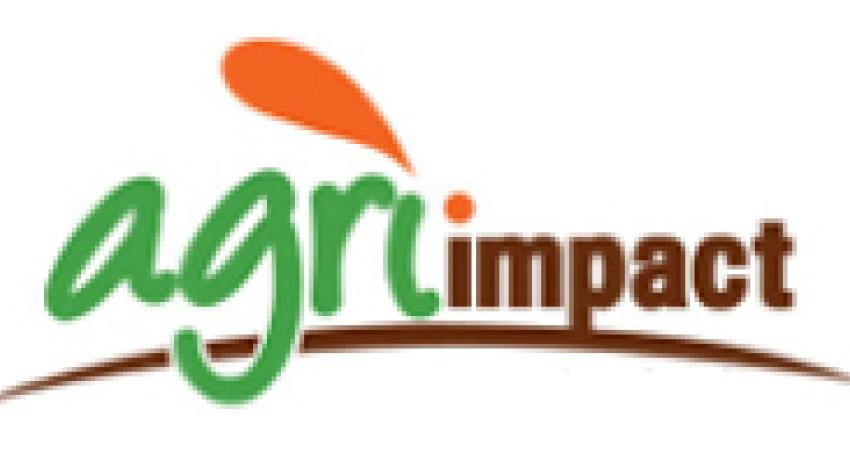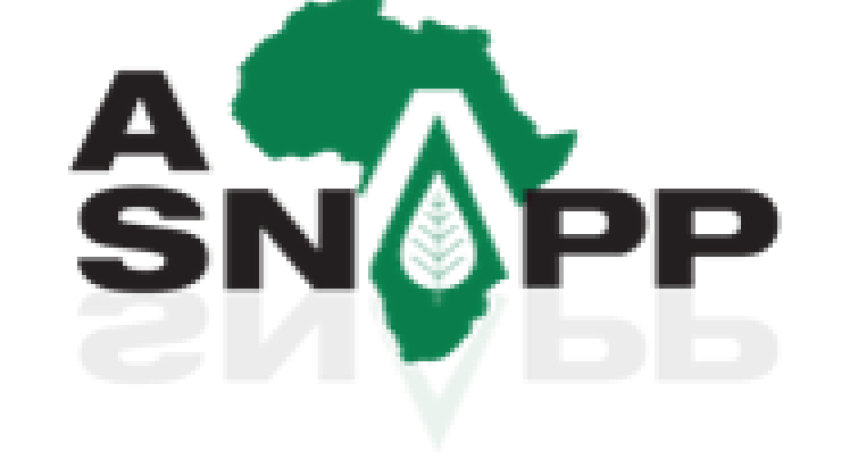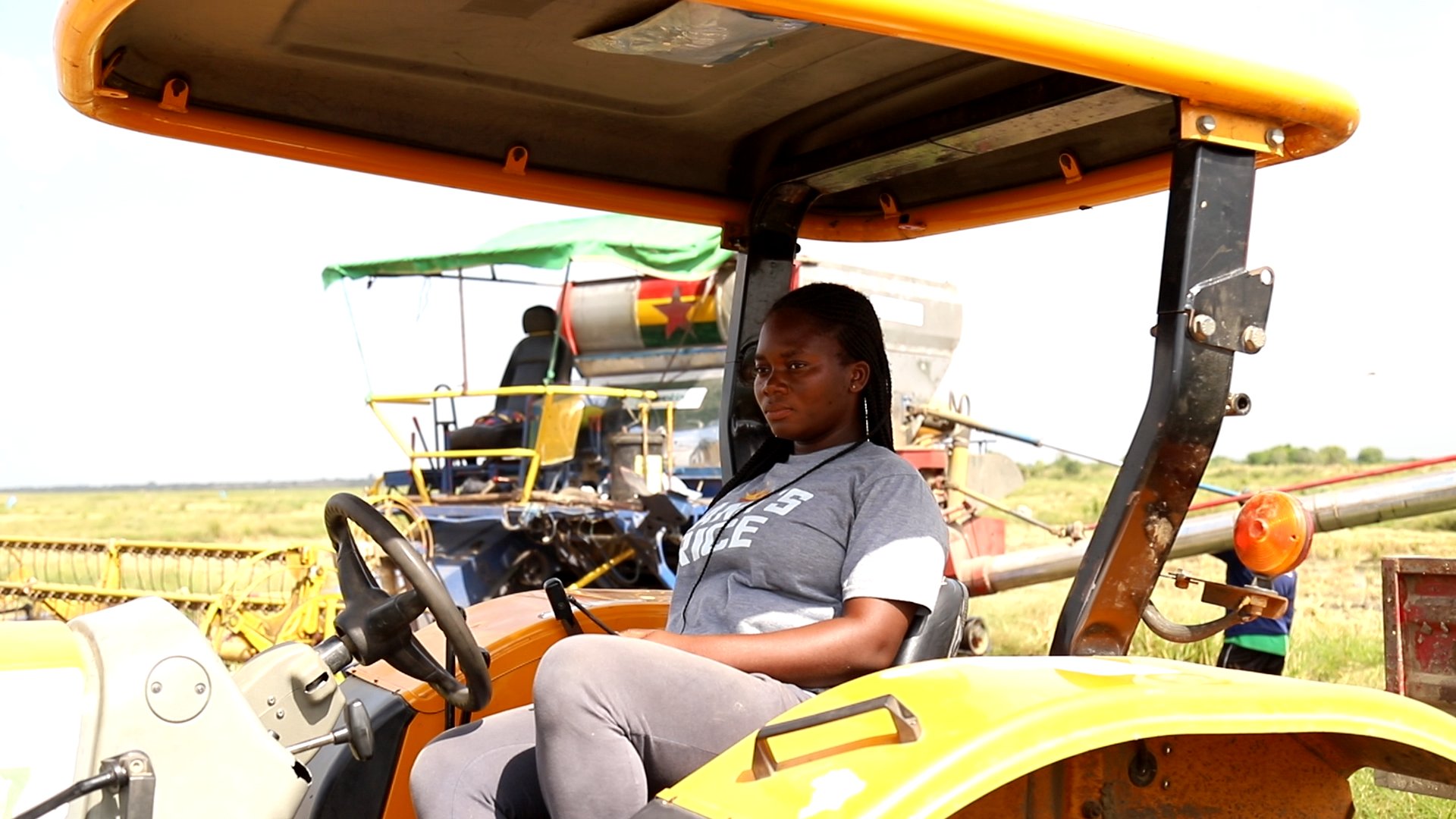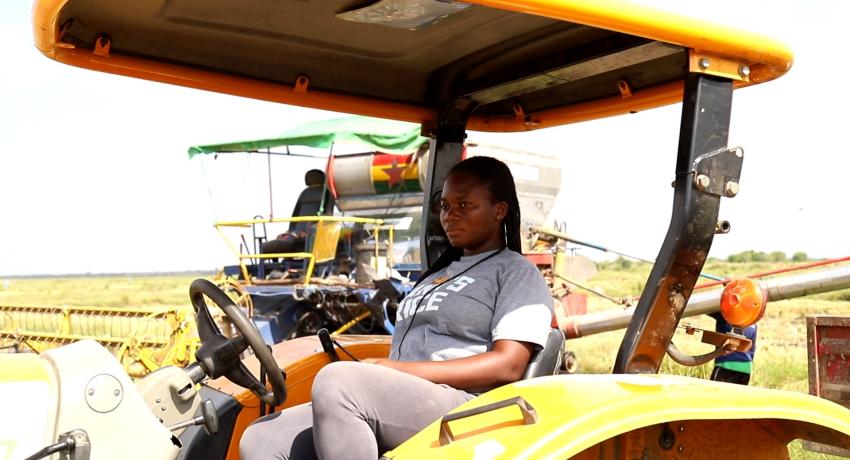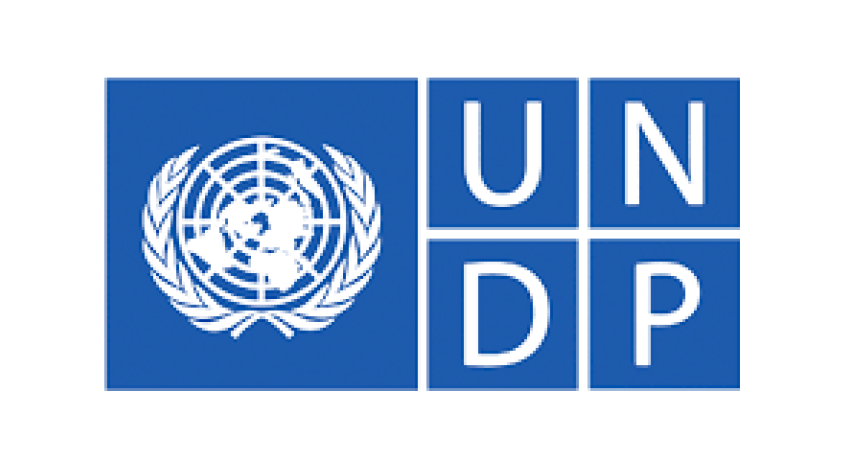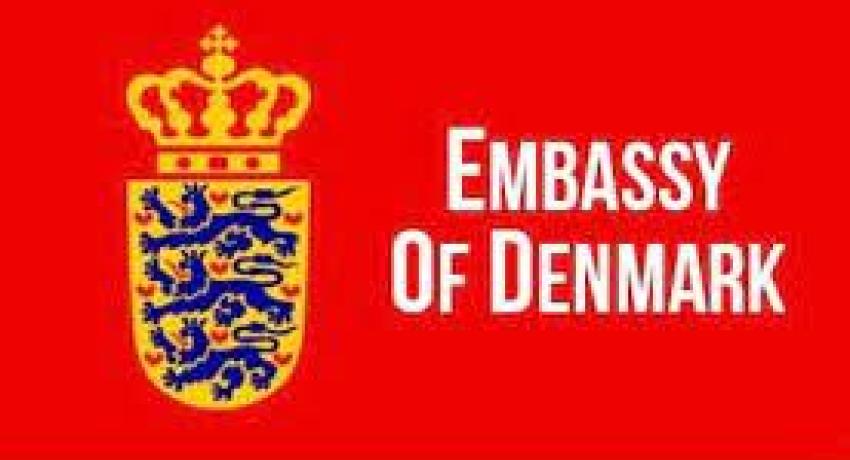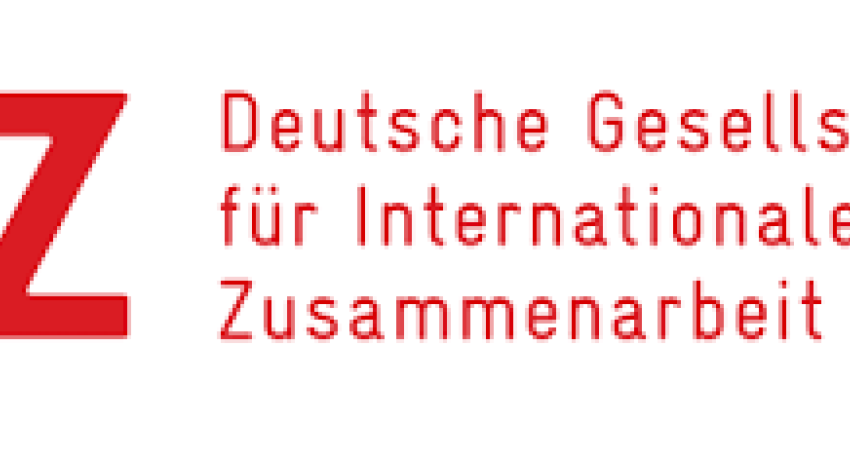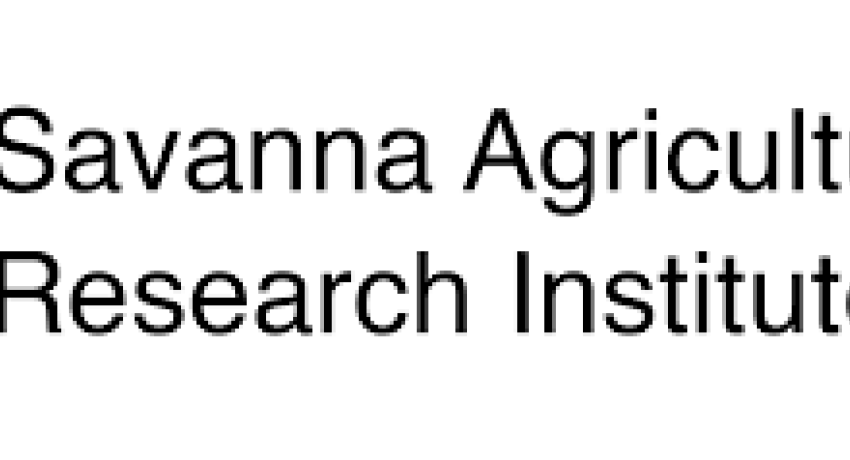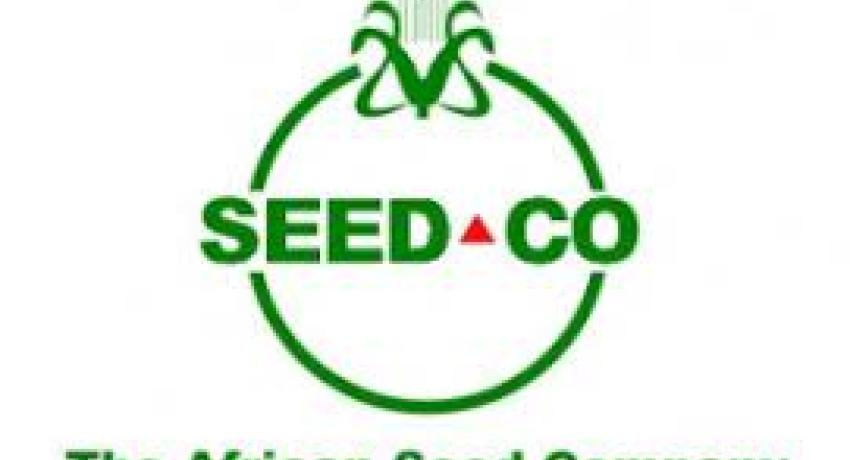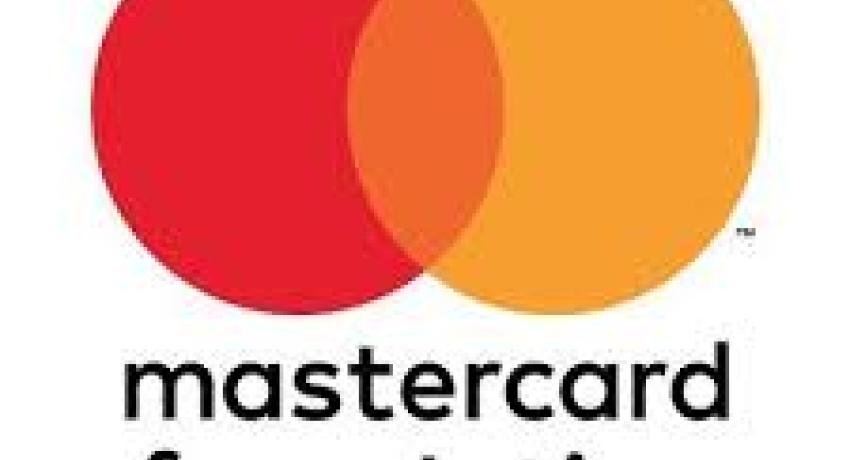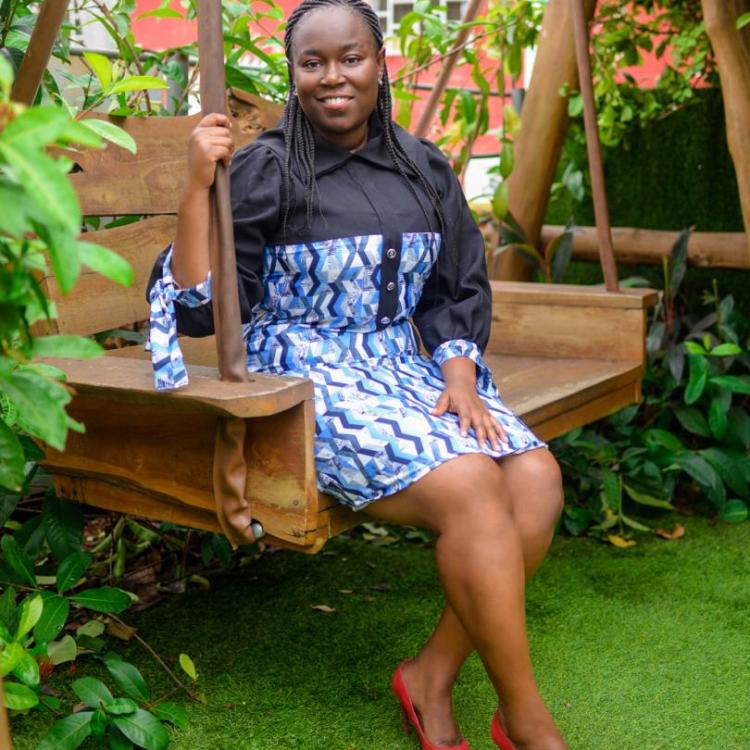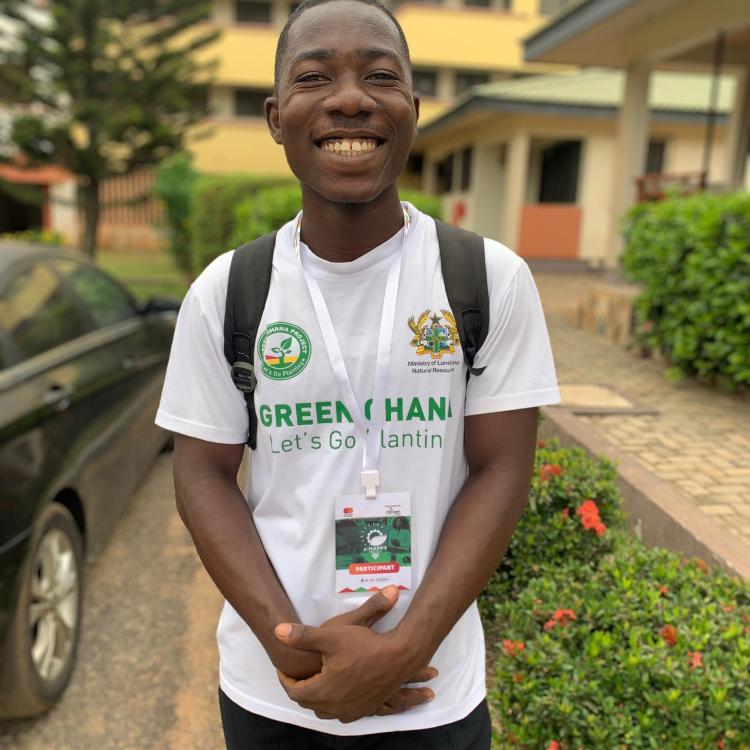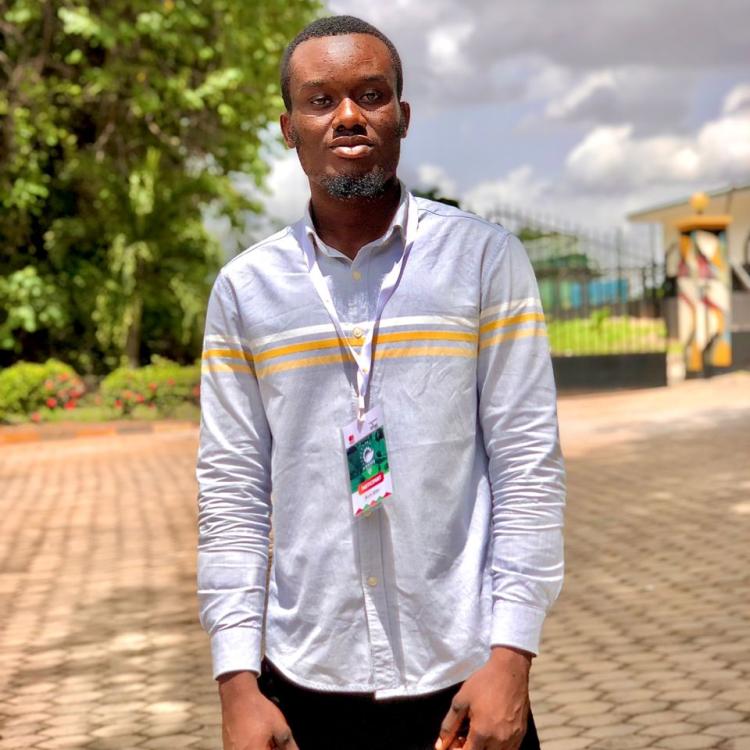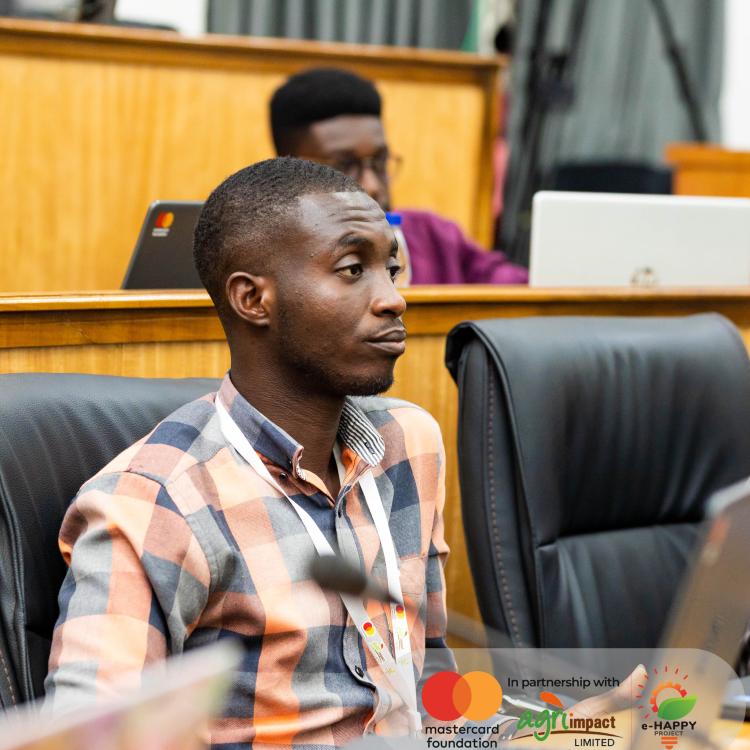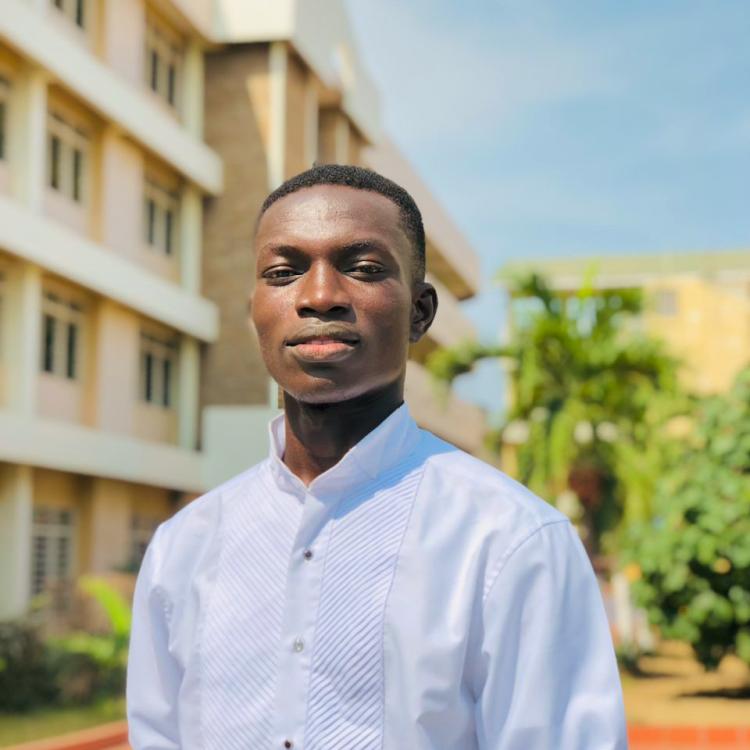In the heart of the Shai Osudoku district, where agriculture is a lifeline for many, a remarkable story of transformation unfolds—Once a food vendor selling beans and gari (popularly called gobɛ in Ghana), Portia Azanda has risen to become a certified tractor operator and farm supervisor of 62 hectares of rice fields.
Portia, a determined young woman with a Senior High School education, spent her days as a food vendor to make ends meet. Though modest, her remarkable journey showcases the transformative power of agriculture and the HAPPY program's dedication to empowering Ghana’s youth.
She began her journey with Agro Kings, producers of Nana’s Rice, as a chef, a position she held for six months before the introduction of the Harnessing Agriculture Productivity and Prosperity for Youth (HAPPY) Program.
One of the program’s footprints, “Women in the Driving Seat,” became a pivotal moment for Portia, inspiring her to transition from the kitchen to the field.
Through the HAPPY program, Portia received hands-on training in tractor operation, traditionally a male-dominated role. She has gained practical experience in mechanised rice farming and mastered tasks such as harrowing, field preparation, and operational planning.
For a month, she learned the intricacies of tractor handling, operation, and maintenance, followed by an intensive three-month internship, where she gained practical, real-world experience in farm management and mechanized farming practices.
Today, Portia stands as a beacon of transformation and empowerment. Beyond her supervisory role, Portia has made significant strides in advancing her career and personal development, as she now manages her own 2-hectare rice field, which she has nurtured from planting to harvesting.
The impact of the HAPPY project extends beyond technical training. For Portia, it has been a platform for personal and professional growth exemplifying the transformative power of the project and its commitment to youth empowerment, gender inclusion, and economic independence.
By equipping young women like Portia with the tools, skills, and opportunities to thrive in agriculture, the HAPPY program is poised to not just cultivating crops but cultivating leaders who are redefining the future of farming and agribusiness.
For Portia, the journey from a beans vendor to a farm supervisor is more than just a personal success story—it’s a testament to the potential that lies within every young woman when given the opportunity to learn, grow, and lead.

